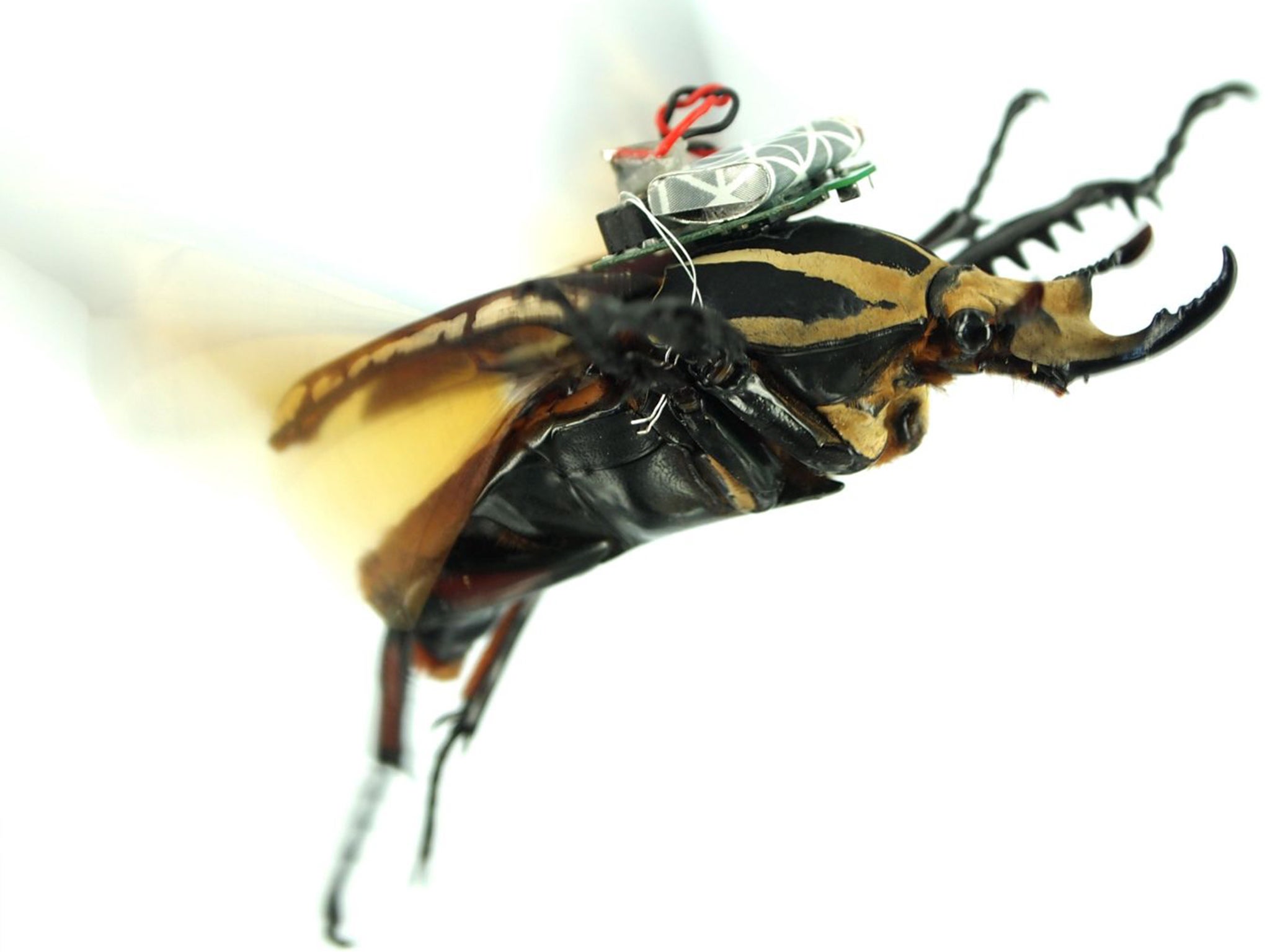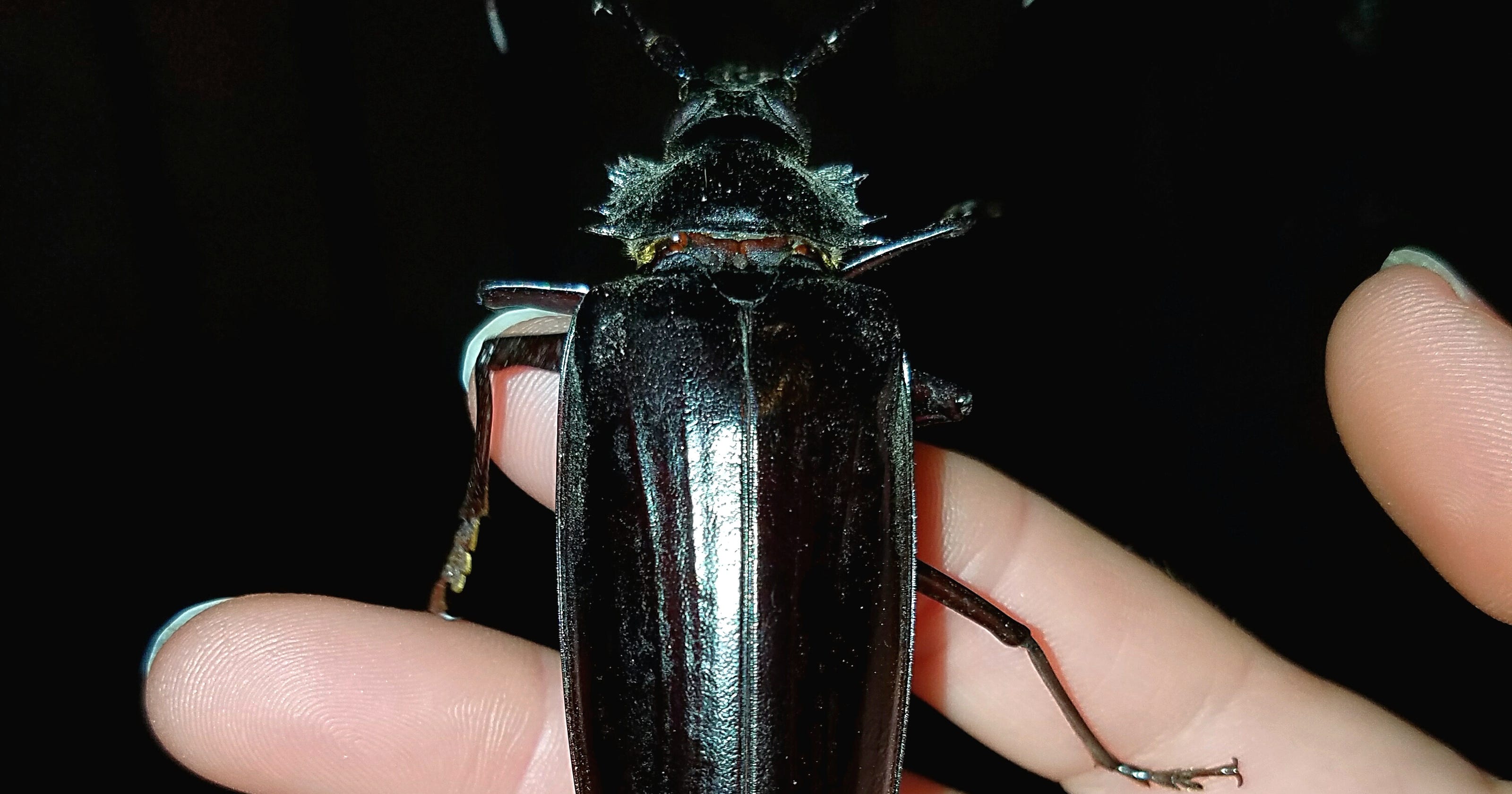large flying beetle crossword
If you are looking for Flyting Beetle you've came to the right page. We have 10 Pictures about Flyting Beetle like Days on the Claise: Large Flying Beetles in France, Pin by Bircan Güngör on ilginç | Beautiful bugs, Bugs and insects, Bugs and also Giant, flying beetles looking for love terrorize Arizona. Read more:
Flyting Beetle
 www.flytierspage.com
www.flytierspage.com
beetle flying body flytierspage
Giant Beetle Flying At Dusk - Prionus Californicus - BugGuide.Net
 bugguide.net
bugguide.net
beetle flying giant bugguide aaron schusteff copyright
Days On The Claise: Large Flying Beetles In France
 daysontheclaise.blogspot.com
daysontheclaise.blogspot.com
beetles flying france beetle stag sunflower leaf edge wood small
Giant, Flying Bugs Looking For Love Terrorize Arizona
 www.jacksonsun.com
www.jacksonsun.com
arizona flying beetles bugs giant verde palo beetle bug desert monsoon insects wings search long fly looking terrorize antennae ct
Brown Beetles Insects
 animalia-life.club
animalia-life.club
Pin By Bircan Güngör On Ilginç | Beautiful Bugs, Bugs And Insects, Bugs
 br.pinterest.com
br.pinterest.com
Maycintadamayantixibb: Fly Or Beetle Crossword Clue
 maycintadamayantixibb.blogspot.com
maycintadamayantixibb.blogspot.com
crossword clue beetle cyborg
Giant, Flying Beetles Looking For Love Terrorize Arizona
 www.usatoday.com
www.usatoday.com
flying arizona beetles giant bug verde palo phoenix
Eyed Click Beetle, Vol. 2, No. 29 | Mississippi State University
 extension.msstate.edu
extension.msstate.edu
beetle click eyed bugs eyes back eye mississippi vol two extension thorax oculatus alaus coleoptera
Flying Beetle Insect | Wallpapers Gallery
 awallpapersgallery.blogspot.com
awallpapersgallery.blogspot.com
Arizona flying beetles bugs giant verde palo beetle bug desert monsoon insects wings search long fly looking terrorize antennae ct. Eyed click beetle, vol. 2, no. 29. Beetles flying france beetle stag sunflower leaf edge wood small. Crossword clue beetle cyborg. Giant beetle flying at dusk. Days on the claise: large flying beetles in france. Maycintadamayantixibb: fly or beetle crossword clue. Flying arizona beetles giant bug verde palo phoenix. Pin by bircan güngör on ilginç. Flyting beetle. Giant, flying bugs looking for love terrorize arizona. Beetle click eyed bugs eyes back eye mississippi vol two extension thorax oculatus alaus coleoptera. Beetle flying body flytierspage. Flying beetle insect. Giant, flying beetles looking for love terrorize arizona. Beetle flying giant bugguide aaron schusteff copyright. Brown beetles insects
Theories Explained
Phototaxis: Seeking well-ventilated or Seeking Darkness?
One prevailing theory in the region of insect attraction to fresh is phototaxis, the bodily tendency of organisms to move towards or away from vivacious stimuli. while sure phototaxis explains why some insects are drawn to fresh sources, negative phototaxis elucidates the tricks of those that avoid light, seeking refuge in darkness.
Disorientation and Misguided Navigation
Another hypothesis posits that pretentious lights interfere later insects' navigational abilities, leading to disorientation and erratic flight patterns. Insects may become trapped in an endless cycle of circling with reference to light sources, unable to discern a mannerism out of their radiant trap.
Misinterpretation of lighthearted Signals
Intriguingly, certain species of insects may mistake pretentious lights for natural cues, such as the moon or stars. This misinterpretation can have dire consequences, as insects may expend necessary computer graphics resources attempting to reach an unattainable destination.
Practical Implications
Ecological Consequences
The similarity of insects to precious lights can have perplexing ecological implications, impacting predator-prey dynamics, pollination patterns, and nocturnal ecosystems. Disruptions in these delicate balances may cascade throughout entire ecosystems, potentially leading to unforeseen upshot for biodiversity and ecosystem stability.
Pest paperwork Challenges
For homeowners, businesses, and agricultural enterprises, insect kinship to buoyant presents a significant challenge in pest management efforts. permeable entrance points, such as windows and doors, provide insects subsequent to easy entrance to indoor environments, where precious lights beckon them into unsuspecting spaces.
Conclusion
In summary, the phenomenon of insects innate drawn to fresh is a multifaceted and intriguing aspect of entomology. even though numerous theories attempt to notify this behavior, the underlying mechanisms remain subject to ongoing research and debate. By achievement a deeper concord of why insects are attracted to light, we can better mitigate the potential outcome and leverage this knowledge to inform pest running strategies and conservation efforts.